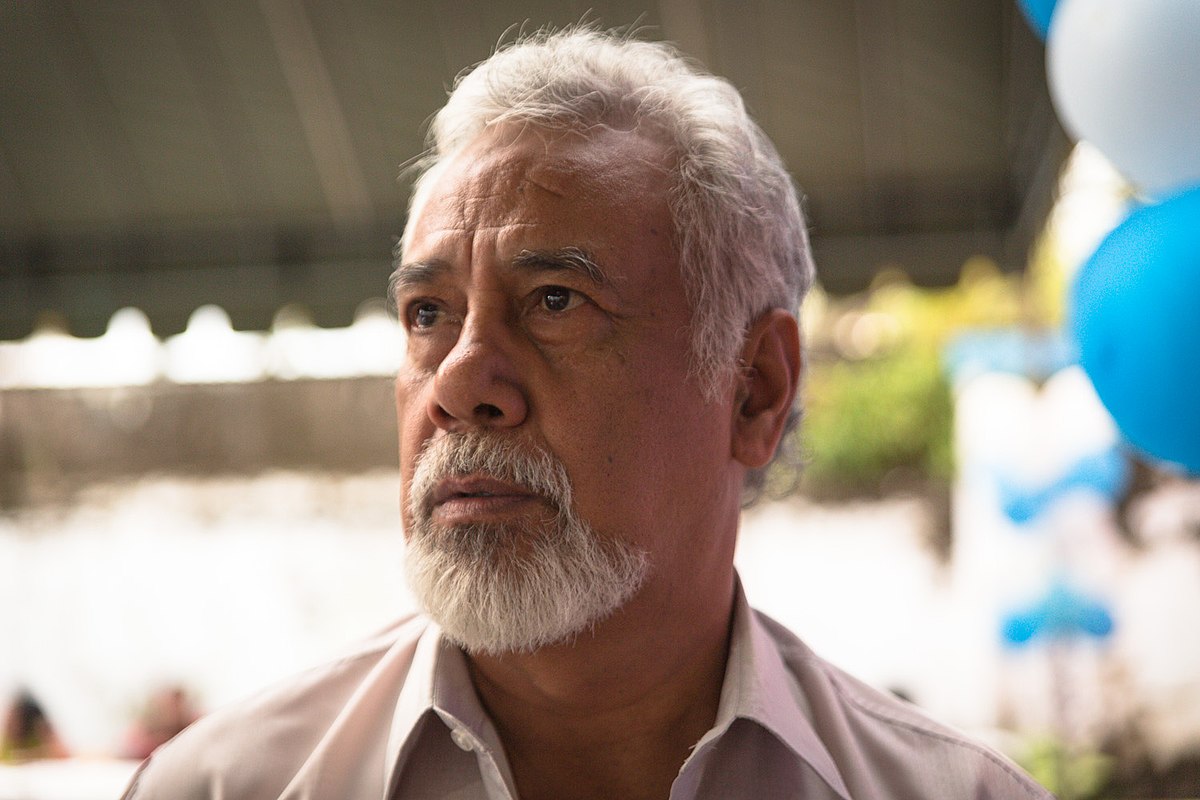Opposition wins parliamentary elections, Dili seeks to break deadlock
The party led by Xanana Gusmão won over 40% of the vote and needs only one more seat to form a government. Observers hope that this victory will put the former Portuguese colony on the road to development. The first task of the new executive will be to work on economic diversification.
Dili (AsiaNews/Agencies) - The results of the parliamentary elections in East Timor are still provisional, but the Timorese National Congress for Reconstruction (Cnrt), the party led by independence fighter Xanana Gusmão has so far won more than 40% of the vote.
According to observers, it could easily obtain a majority by allying itself with the Democratic Party (PD), a liberal and social-democratic formation that came in third place with less than 10% of the vote. In contrast, the ruling party, the Revolutionary Front for an Independent East Timor (Fretilin), from which the current Prime Minister José Maria Vasconcelos hails, obtained just over 25% of the vote.
However, having secured 31 out of 65 seats, the CNRT needs only one more seat to govern and could obtain it by allying with any of the other 16 parties running in the elections.
According to experts, a new phase could now begin for the former Portuguese colony, which in recent years has been stuck in a political stalemate that has undermined its development. The current president José Ramos-Horta, elected last year with the support of the CNRT, was also an independence leader who was awarded the Nobel Peace Prize in 1996.
Leading the fight for independence, first from Portugal until 1975 and then from Indonesian occupation, had actually been Fretilin and Gusmão had been part of the organisation's military wing. Captured in 1992 and sentenced to life imprisonment by an Indonesian court the following year (a sentence later commuted to 20 years in prison by Indonesian President Suharto), he continued to lead the resistance from prison.
Freed in 1999 in the referendum for independence, he continued to work for peace.
On 20 May 2002, he was elected East Timor's first president thanks to the support of nine parties, but not of Fretilin, with which he had broken off in the 1980s after four officials attempted a coup against him to oust him. When his term of office ended, he founded the Cnrt in 2007 and was then appointed premier.
This year's election campaign saw a tenacious struggle between Gusmão, now 76, and the current Fretilin leader, Mari Alkatiri, also former prime minister, but whose resignation Gusmão had demanded in 2006, accusing him of organising assassination squads against his political opponents.
In reality, an independent UN commission later proved that the accusations were unfounded. Since 2020, the feud between the Fretilin and the Cnrt has brought government activity to a standstill.
East Timor is largely dependent on oil revenues, but these have shown serious signs of collapse, and the new government will have to decide whether to approve the Greater Sunrise project for the exploitation of millions of cubic metres of natural gas.
Gusmão supported the Tasi Mane megaproject for oil and gas processing on the country's southern coast as a solution, while the other parties did not put forward convincing political visions.
Young people voted in the elections in large numbers (65% of the Timorese population is under 30 years of age) with the hope that the new executive would focus on poverty alleviation and infrastructure development.
The local Church also urged the faithful to 'exercise their right to political participation in peace, love and responsibility and to continue to respect each other in the legislative elections, from the campaign period to polling day'.
06/07/2007







.png)










